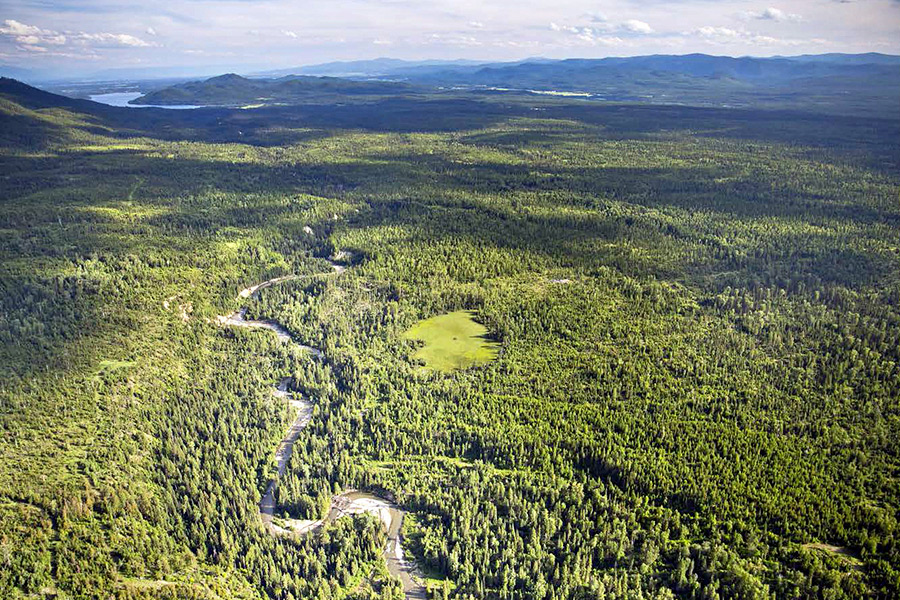Amid the din of a headline-blaring news cycle, a program that has been protecting and conserving the nation’s public lands for more than a half-century quietly expired Sept. 30 when Congress failed to take action.
But proponents of the Land and Water Conservation Fund continue to rattle the cage of a Republican-controlled Congress, encouraging lawmakers to fund the popular public lands program in perpetuity.
Established in 1964, the Land and Water Conservation Fund skims a small percentage of royalties from private offshore oil and gas leasing and makes the funds available in the form of grants to state and local governments without using taxpayer money.
Montana’s entire congressional delegation has been calling for permanent reauthorization of LWCF and introduced bills in both the House and Senate to push funding across the finish line on Sunday.
That didn’t happen, and while LWCF still has enough funding to continue to pay for projects, it can’t collect new money unless Congress takes action, which lawmakers on both sides of the aisle pledged to make happen, saying there were plenty of legislative opportunities.
“LWCF is so important to Montana, and the benefits extend from coast to coast, all across our nation. It costs the taxpayers nothing,” U.S. Sen. Steve Daines, R-Montana, said. “We have the bipartisan support in Congress to save this critical program. Let’s get this done.”
The source of funding for LWCF has been a major point of emphasis for proponents, who stress that it is not taxpayer funded — a common misconception. The law allows funding of up to $900 million, but that has only happened twice in the fund’s 54-year history. Congress funded LWCF at $425 million this fiscal year.
Underscoring the importance of the federal program is the suite of conservation projects that are nearing completion or recently came to fruition in the Flathead Valley, including land acquisitions and grants to state and local entities for everything from conservation easements to municipal parks.
Funding from LWCF helped complete the next phase of a 13,400-acre conservation easement northwest of Whitefish Lake, providing $2 million for the final piece of the multi-phased Whitefish Lake Watershed Project, which helps protect wildlife, promote timber production, and allow public access for hunting, fishing, hiking, mountain biking, and other outdoor pursuits.
The conservation and recreation community has praised the easement because it protects critical fish and wildlife habitat and provides continued public access for outdoor recreation, while also securing the city of Whitefish’s water supply, 20 percent of which is drawn from Whitefish Lake.
On the economic side of the equation, business owners and politicians are pointing to the critical role outdoor recreation and public land access play in driving local economies in the Rocky Mountain west.
“In Montana, our public lands drive our growing $7 billion outdoor economy,” U.S. Sen. Jon Tester, D-Montana, said. “The Land and Water Conservation Fund is the best tool we have to increase public access to public lands.”
Backcountry Hunters and Anglers President and CEO Land Tawney stressed the importance of continued pressure on congressional leaders to drive action.
“Now we must call on leadership in both chambers to prioritize getting LWCF permanently authorized with dedicated funding before the end of the year,” he said. “Congress can and should deliver LWCF for Christmas.”
